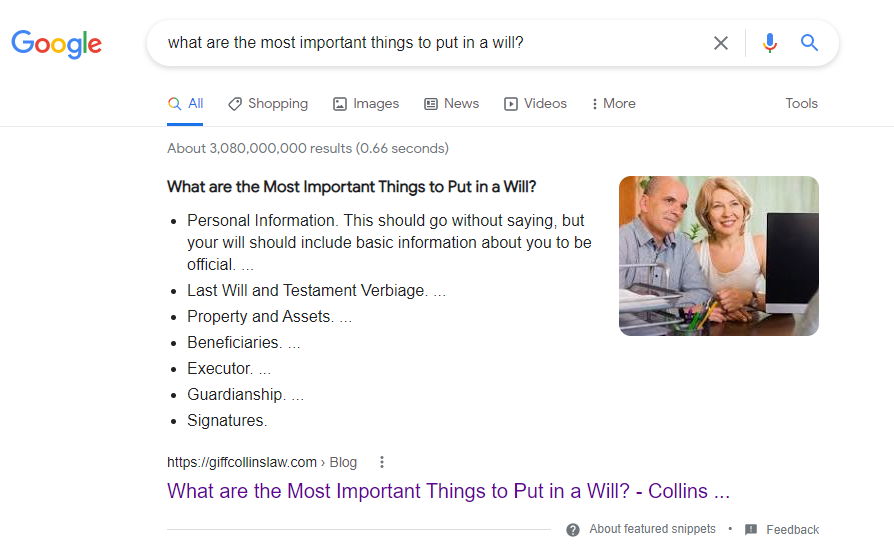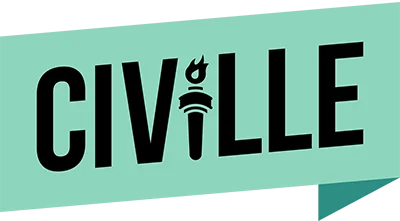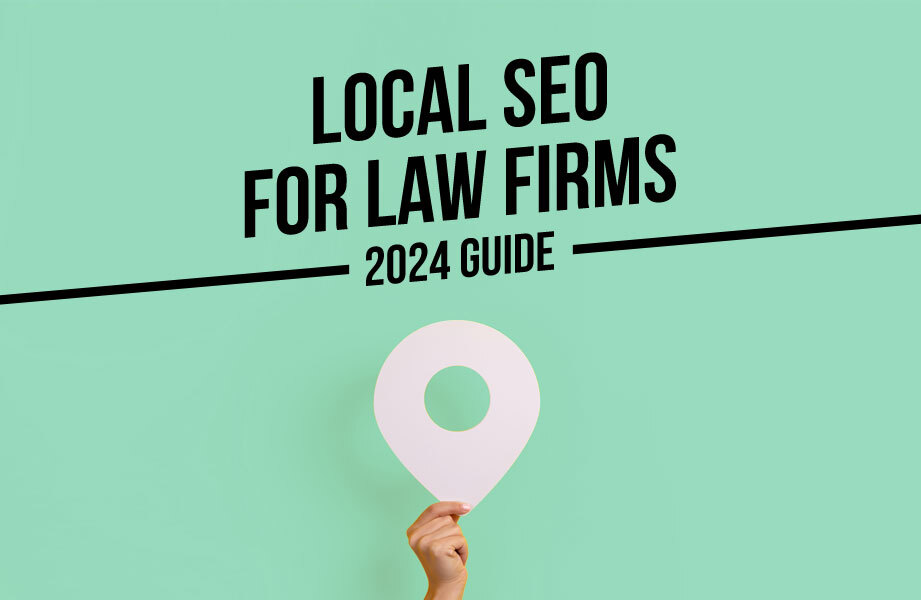
When most people think of search engine optimization (SEO), Google is usually the first platform that comes to mind. But does that mean other search engines like Bing, Yahoo, DuckDuckGo, or even niche legal search engines are irrelevant for law firms? Does your firm need to optimize for other search engines? Civille can help!
The Google Dominance
Google reigns supreme in the search engine realm. As of July 2024, Google commands over 90% of the global search market and nearly 88% of the U.S. market share, according to Statcounter. This dominance means that the vast majority of online searches happen through Google, making it a natural focus for any law firm’s SEO strategy.
It’s important to note, that this dominance isn’t uniform across all regions. While Google enjoys an even larger share in North America and Europe, other search engines have a stronger foothold in certain areas. For example, Yandex is the most popular search engine in Russia and Baidu is dominant in China. Unless your firm has a reason to focus on those markets, you won’t have to worry about those search engines.
Even within the U.S., Bing maintains a considerable share, especially among specific demographics and those using Microsoft products and services. These nuances highlight the importance of understanding your target audience and their preferred platforms before making SEO decisions.

Read More: What are SERP Features and Why Your Law Firm Needs Them?
Bing and Yahoo: The Second and Third Contenders
While they might not match Google’s reach, Bing and Yahoo still hold a significant portion of the search market. Bing has its own unique algorithm and though it may often provide similar results as Google, it does do things a little differently. Interestingly, Bing also powers Yahoo’s search functionality, meaning optimizing for Bing automatically benefits your visibility on Yahoo as well.
This “two birds with one stone” approach can be quite appealing for law firms looking to expand their online reach without doubling their efforts.
Looking at their market share, Bing has 7.4% and Yahoo has 2.6% for an even 10% of the U.S. market share between them. This may seem small compared to Google’s share, but it still represents millions of potential clients.
Audience Differences With Bing and Yahoo
While there’s some overlap, Bing and Yahoo users often have distinct differences when compared to Google users.

- Age—Bing tends to attract a slightly older demographic, with users over 35 being more likely to use it. This could be an advantage for law firms specializing in practice areas that skew toward an older audience like estate planning or elder law.
- Income—Bing users tend to have slightly higher incomes than average. This potentially makes them a valuable audience for high-value legal services.
- Device Usage—Bing is more popular among desktop users, while Google dominates mobile search. If your firm’s website receives significant desktop traffic, optimizing for Bing could yield better results.
How to Improve the Accessibility of Your Law Firm Website
What’s Different in Optimizing for Bing and Yahoo?
While the core principles of SEO apply across all search engines, there are some nuances to consider when optimizing for Bing and Yahoo:
- Social Signals—Bing places greater emphasis on social media signals than Google. Ensure your firm has an active presence on social platforms like LinkedIn and Facebook, and encourage sharing of your content.
- Exact Keyword Matching—Bing tends to favor exact keyword matches more than Google, which emphasizes semantic search and related terms.
- Backlink Quality—While backlinks are crucial for all search engines, Bing might place a slightly higher emphasis on the quality and authority of linking sites.
- Visual Content—Bing often favors visually rich content, so consider incorporating images and videos into your blog posts and website pages.
- On-Page Optimization—Pay close attention to title tags and meta descriptions, as Bing seems to weigh them more heavily than Google.
While these differences exist, the core tenets of good SEO still apply. Creating high-quality, relevant content, building backlinks, and providing a positive user experience will remain important regardless of the search engine.
DuckDuckGo: The Privacy-Conscious Choice
DuckDuckGo, a search engine prioritizing user privacy, has gained traction in recent years. It doesn’t track users or personalize search results based on browsing history. This makes it an appealing search engine option to those who value online anonymity.
Even though DuckDuckGo only has a 2% market share in the U.S. and less than 1% worldwide, for law firms, especially those specializing in areas like privacy law or cybersecurity, optimizing for DuckDuckGo could be a strategic move. It allows you to connect with an audience that actively seeks out privacy-conscious services.
DuckDuckGo’s algorithm is quite different from other search engines like Google. Instead of tracking users and personalizing search results, DuckDuckGo focuses on providing a private and unbiased search experience.
Under the Hood of the DuckDuckGo Algorithm
DuckDuckGo’s algorithm is a little different than Bing or Google. They have their own crawler called DuckDuckBot. This crawler gathers information from the web just like Bing’s and Google’s, but the engine also taps into other search engines (including Bing) and content providers.
Where DuckDuckGo truly stands out is in its unique filtering and ranking systems. It doesn’t use or store user data to enhance searches like Google or Bing do. Instead, each search is only based on the intent of the search and not past searching history or data. t
Optimizing for DuckDuckGo
Since DuckDuckGo relies on a variety of sources, including Bing, many of the same SEO tactics that work for Bing will also be effective for DuckDuckGo. However, if you are after privacy-minded clients, it’s important to focus on content that emphasizes privacy, data security, and your commitment to protecting client information. This aligns with the values of DuckDuckGo users and makes your firm a more appealing option in their eyes.
Niche Legal Search Engines
Beyond the major search engines, numerous niche platforms cater specifically to the legal field. These aren’t traditional search engines like Google or Bing, but rather directories, legal resource hubs, or a combination of both. They often require lawyers to proactively create a profile or listing, and some may offer paid placement options for enhanced visibility.
Here are a few examples of such platforms:
- Justia—This legal resource offers lawyer directories, legal news, and access to case law. While it does have search functionality, its main value for law firms is in building a lawyer profile to be found by potential clients seeking legal help.
- Avvo—Primarily focused on lawyer ratings and reviews, Avvo allows attorneys to create detailed profiles highlighting their experience and expertise. It’s a popular platform for researching and comparing lawyers.
- FindLaw—Another major legal directory, FindLaw offers lawyer profiles and various legal resources. Similar to Justia, having a well-optimized FindLaw profile can help potential clients discover your firm.
- State Bar Association Websites—Many state bar associations maintain online directories of their members. These directories often rank well in search results for queries related to specific practice areas or geographic locations.
The Value of Niche Platforms
While these platforms might not drive the same volume of traffic as Google or Bing, they cater to a highly targeted audience—individuals actively seeking legal services. By creating a strong presence on these platforms, you can reach potential clients who are currently seeking legal help.
Here’s how law firms can leverage these platforms:
- Claim and Optimize Your Listings—Ensure your firm’s information is accurate, up-to-date, and includes keywords relevant to your practice areas.
- Encourage Reviews—Positive client reviews on platforms like Avvo can significantly boost your credibility and attract new clients.
- Consider Paid Placement (Optional)—Some platforms offer paid options to increase visibility, such as sponsored listings or featured placements.
- Stay Active—Regularly update your profiles with fresh content, recent case results, or community involvement to showcase your expertise and engagement.
While optimizing for niche legal platforms requires a dedicated effort, the potential rewards in terms of qualified leads and brand recognition within the legal community can be substantial. It’s a valuable addition to a broader SEO strategy that includes both major and niche search engines.
The Cost-Benefit Analysis—Is it Worth the Effort?
Optimizing for multiple search engines requires additional time and resources. You’ll need to research keywords specific to each platform, adapt your content to fit their unique algorithms, and track your progress separately.
Before diving in, consider the following:
- Target Audience—Who are your ideal clients? Which search engines are they most likely to use?
- Resources—Do you have the bandwidth to dedicate to optimizing for multiple platforms?
- Competitive Landscape—How competitive are your target keywords on other search engines?
Read More: How Long Does it Take SEO to Work for My Law Firm?
Expanding Your Reach, Strategically
Whether you choose to focus solely on Google or expand your efforts to other search engines depends on your specific circumstances. While Google’s dominance is undeniable, other search engines can let your firm reach unique audiences.
Take stock of your budget, time, and team’s capabilities. Then, think about who you’re really trying to reach with your website. Once you’ve got a handle on that, consider partnering with an SEO expert like Civille. We can help you create a plan that’s right for your firm.
Tailored SEO Strategies From Civille
At Civille, we understand that each law firm has unique goals and target audiences. You want to stand out in search, reach your audience, and have an SEO strategy that fits your firm’s goals and needs. We can help with all of that and more. Reach out to Civille today and learn what we can do for your firm.





